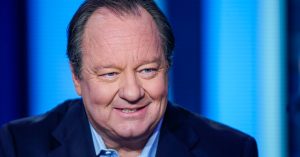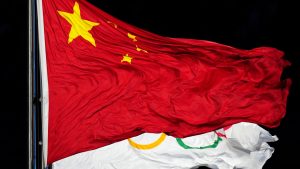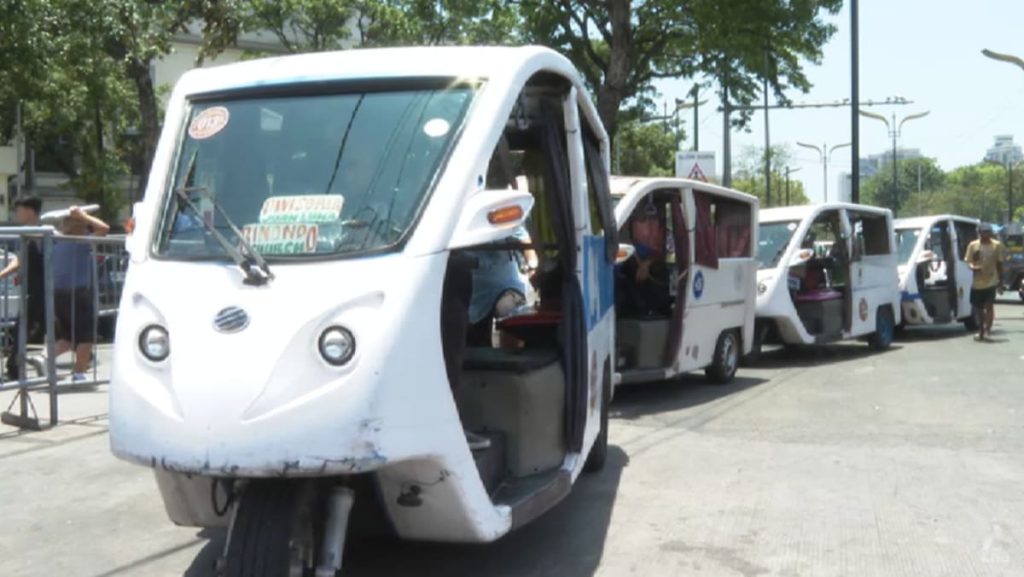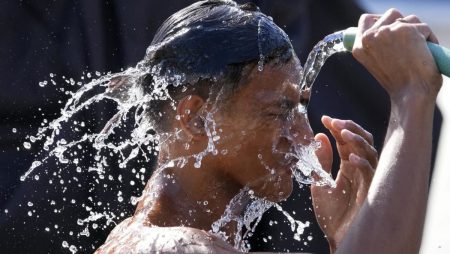The implementation of a new regulation banning the use of electric scooters, bikes, and other similar vehicles on major roads in Metro Manila has sparked controversy. The Metropolitan Manila Development Authority (MMDA) chairman, Don Artes, stated that the ban was primarily for safety reasons and to prevent traffic congestion and road accidents caused by the proliferation of e-vehicles. Initially, violators will be given verbal warnings, followed by tickets from Wednesday onwards. Several transport groups have requested the authority to reconsider the ban, citing its impact on the poor who rely on these modes of transportation.
Advocates for e-vehicles have urged the government to prioritize greener transportation options and provide tax incentives to owners, especially as urban heat intensifies in the Philippines. The recently passed Electric Vehicle Industry Act aims to create an enabling environment for the development of electric vehicles, including micromobility options, to reduce the country’s dependence on imported fuel in the transport sector. While the MMDA’s main priority is the safety of all motorists, proponents of e-vehicles argue that stricter regulations could hinder the growth of environmentally-friendly transportation solutions.
Despite the MMDA’s concerns about safety and traffic congestion, critics have pointed out the lack of disaggregated data on road crashes involving e-vehicles. They argue that road accidents in Metro Manila are primarily caused by motor vehicles rather than e-vehicles, with only about 2 percent of incidents involving light e-vehicles. The limited information available raises questions about whether e-vehicles are truly to blame for the reported road crash incidents and the need for more comprehensive data analysis to inform regulatory decisions. This discrepancy in data highlights the importance of evidence-based policymaking to address road safety issues effectively.
The decision to regulate the use of e-vehicles on major roads in Metro Manila reflects a growing concern about the safety and impact of these types of transportation on the city’s traffic and road infrastructure. While the intentions behind the ban are focused on reducing accidents and congestion, concerns about its potential effects on the poor and the overall growth of green transportation solutions have been raised. The government’s commitment to promoting electric vehicles and micromobility options through the Electric Vehicle Industry Act underscores the need for a balanced approach to regulating and incentivizing sustainable transportation alternatives.
As the ban on e-vehicles goes into effect, stakeholders on both sides of the debate will need to continue engaging in dialogue to address concerns and find a middle ground that prioritizes safety while also supporting the growth of environmentally-friendly transportation options. The enforcement of the ban, along with ongoing data collection and analysis, will be crucial in evaluating its impact on road safety, traffic congestion, and the usage of e-vehicles in Metro Manila. By taking a comprehensive and evidence-based approach to policy implementation, the government can work towards creating a safer and more sustainable environment for all motorists in the city.














